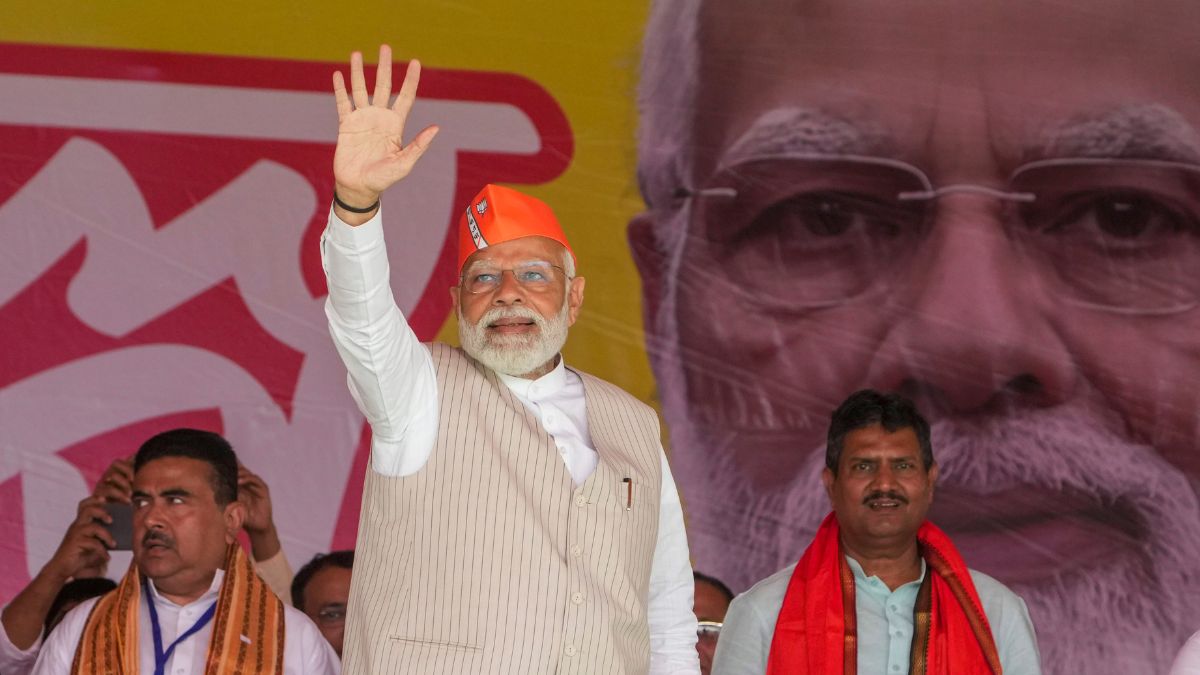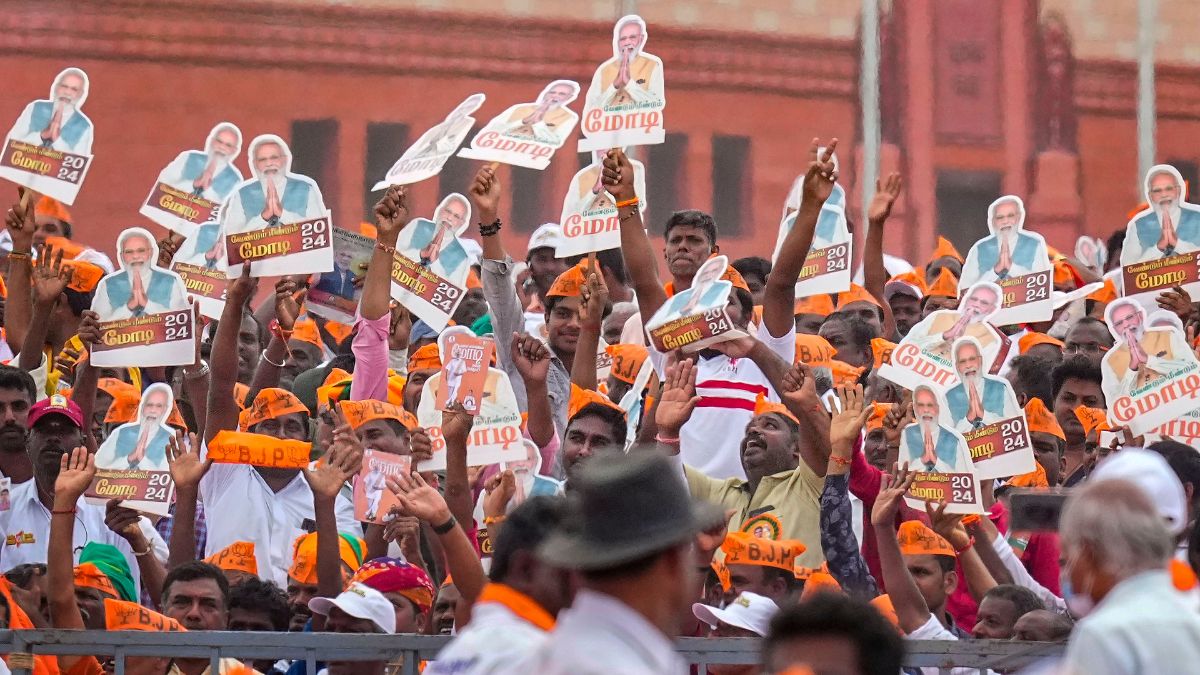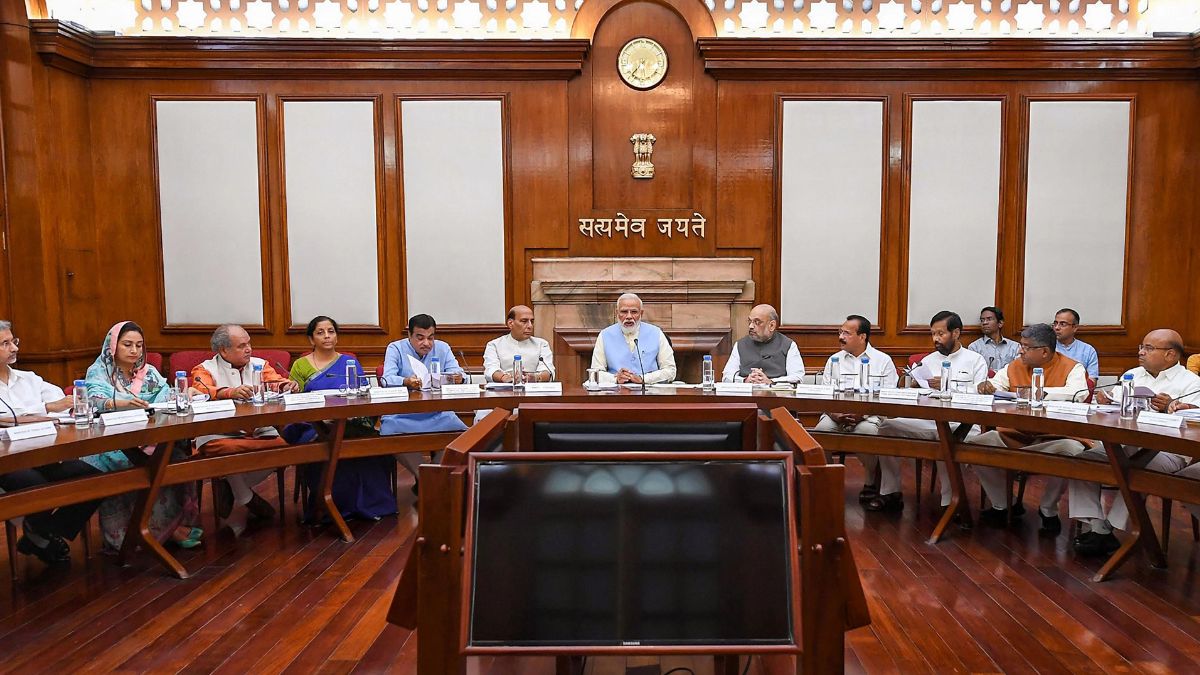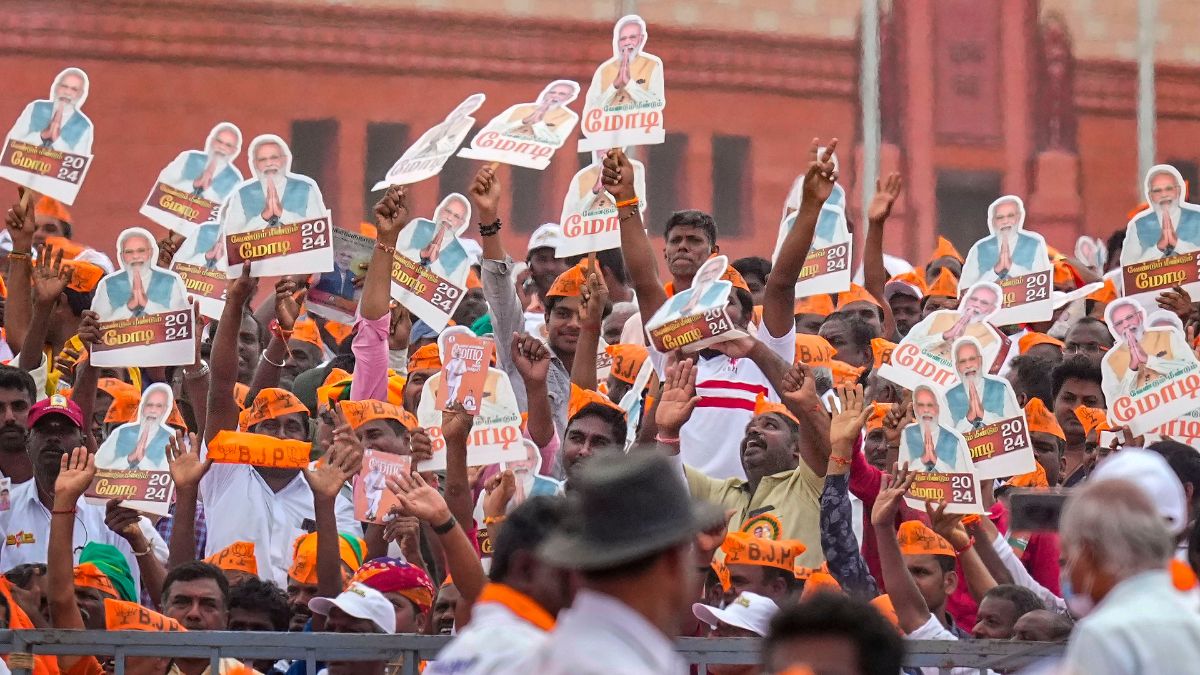A WhatsApp message that I received today questions the logic behind demonetisation in a cheeky sort of way. It reads:
“Economists who have supported present demonetisation: Amitabh Bachchan, Aishwarya Rai, Ajay Devgn, Sri Sri Ravi Shankar, Baba Ramdev, Virendra Sehwag (sic), Virat Kohli. Economists who have openly opposed and criticized #demonetisation till now: 1. Larry Summers, Amartya Sen, Meera Sanyal, Raghuram Rajan, Manmohan Singh…” and so forth.
While juxtaposing the views of noted economists with achievers in other fields who may not be proficient in economic theories, the argument tries to colour the very idea of demonetisation as foolish. Problem is, the author weakens the case by providing partial information. Just as some economists have opposed demonetisation, many noted economists have backed it too. Therefore, by giving us partial information, the argument taps into the grey area between truth and falsehood with plausible deniability as an exit route.
This is also the dominating impression that emerges by reading Manmohan Singh’s much-discussed column in Friday’s edition of The Hindu. Ever since his retirement from public life, Singh has undergone a curious transformation from a weak premiere to an outspoken, bold interventionist. After sleepwalking through his 10-year term as prime minister when he remitted power to his party boss in a stunning act of bad faith, the erudite economist these days is used by the Congress more as a moral tool to beat the present government with.
But the problem with this strategy is that though Singh has never been personally charged with making money for himself, his turning of a blind eye to the corruption scandal blazing all around him while occupying the highest seat of power weakens considerably his moral authority as an occupant of exalted preaching pulpit. Also, as this columnist has argued before, Singh has frequently let his political compulsions interfere with the objectivity of his assessment as an economist.
It is with some degree of curiosity that one went through Singh’s article to find if there were any new points in addition to the speech he had recently delivered in Rajya Sabha where he termed demonetisation as “organised loot and legalised plunder.”
Unfortunately, while the rhetoric quotient of Singh’s column remains high, he fails to furnish any convincing arguments against the currency ban. If, as he claims, the idea is a “mammoth tragedy” and a right, royal mess, the Cambridge-trained economist never dips into his famed erudition to present doable solutions.
Aside of the doomsday prophecy, Singh paints a sorry picture of India’s poverty, the plight of informal economy and the helplessness of the unbanked which ironically is the most scathing critique yet of his own incompetence as a policymaker and holder of public office with over four decades of experience.
Singh has never been given credit for his writing skills but he does a Mark Antony in his column. Taking a cue perhaps from Antony’s ‘Brutus is an honorable man’, Singh stresses on “the need to tackle black money” too frequently to punch a hole in the intention behind Narendra Modi’s drive. Amid all the chicanery and figures of speech, two broad points emerge from Singh’s editorial. One, the breakdown of trust between the government and the people due to the sudden decommissioning of notes and two, the hardships that the populace has been subjected to.
“In one impetuous decision,” writes Manmohan Singh , “the Prime Minister has shattered the faith and confidence that hundreds of millions of Indians had reposed in the Government of India to protect them and their money.”
There can be no denying that Modi’s move has come as a rude jolt and the point that demonetisation may erode the trust in paper money issued by a sovereign nation is well-taken.
As has been noted, the populace, despite hardships, has been by and large rallying behind the government. Their trust in Modi’s purpose remains intact. Whether or not black money will be eradicated is for economists to argue and taxmen to calculate. The moot point, however, is that people still believe in Modi’s intention. BJP’s recent by-poll victories — voting for which took place well into the implementation of currency ban — in Madhya Pradesh, Assam, Arunachal Pradesh and sweeping wins in Maharashtra and Gujarat civic polls would indicate that the electorate has largely sanctioned the process, howsoever inconvenient.
However, when it comes to trust between the government and the citizens, Manmohan Singh should know that he was voted out of office because his government lacked the very trust that he now talks of. People may or may not be behind demonetisation but they were most definitely not behind the tsunami of scams that unfolded before their eyes during UPA 2 and they spoke by throwing the Congress out of power.
As far as the suffering of the poor is concerned, venerated economist Singh should know what is it that hurts the poor the most. It is corruption and Singh’s government was neck-deep in it.
Was the trust of the poor not shattered and confidence of millions not eroded when 2G, CoalGate, Adarsh Housing Society scandal, chopper scam, RailGate, banking sector scam, CWG scam exploded into public consciousness one after the other? Can Singh absolve himself of all responsibility? Does he not bear still the albatross of dishing out a corrupted government around his neck that made and kept people poor?
In a research paper written this year on institutional corruption and how it exploits the poor, Murali Patibandla of Indian Institute of Management Bangalore writes about institutional corruption (as) “a situation where influences within an economy of influence tend to weaken the effectiveness of an institution, especially by weakening public trust of the institution. In India’s case, the UPA’s rule from 2004 to 2014 presented large-scale corruption on several fronts. One can observe qualitatively that the public lost trust in the government… ********(italics mine)******* The coal blocks allocations was one of the biggest corruption scandals in India under the UPA rule from 2004-14. Even the Prime Minister’s office was accused of corruption in the allocation of coal blocks to powerful business men and groups…. The central government of the UPA regime allocated coal blocks to powerful business men at prices far below their opportunity cost. The CAG showed the magnitude of loss to the exchequer."
As a celebrated economist, Singh, more than any other commentator, would know how “public lost trust in the government” because it saw the UPA 2 as a government of the crony capitalists, by the crony capitalists and for the crony capitalists. It is interesting and a little ironic that the man who headed this corrupted government now talks of erosion of trust between government and the people and tries to lecture the incumbent on it.
According to Transparency International’s Global Corruption Barometer , “corruption hits poor people hardest – with devastating consequences. A bribe demanded by a police officer may mean that a family can’t afford school fees or even food to eat. Corruption also means that the services people depend on — from drinking water to health clinics — suffer. They are often are of a low quality or not sufficient to meet society’s most basic needs. Corruption siphons off monies needed to improve them while also distorting policy decisions, such as where roads and schools are built.”
Singh appears to admit that Indian economy is too dependent on cash but just as the WhatsApp message quoted in the beginning of the piece, suffers from errors of omission, never explaining that too much cash in an economy makes it easier to generate black wealth.
He writes: “It is indeed true that India’s cash to GDP ratio is very high vis-à-vis other nations. But this is also an indicator of the Indian economy’s dependence on cash. Consumer confidence is an important economic variable in a nation’s growth prospects. It is now evident that this sudden overnight ban on currency has dented the confidence of hundreds of millions of Indian consumers, which can have severe economic ramifications.”
In an article published in January last year, Times of India details how Indians’ love for cash is placing a heavy burden on the economy. “The RBI and commercial banks annually spend around Rs 21,000 crore ($3.5 billion) in currency operations costs while citizens of Delhi alone spend Rs 9.1 crore and 60 lakh hours in collecting cash. The scale of this burden is unique to India considering that it is among the most cash-intensive economies in the world with a cash-to-GDP ratio of 12%, almost four times as much as other markets such as Brazil (3.93%), Mexico (5.3%) and South Africa (3.73%).”
And what is the cost incurred? According to the article , “There are many reasons why India has to pay such a high price. One is the need to frequently reissue notes due to poor handling — low-value notes have to be replaced in less than a year. The other reason is the need to frequently upgrade security features and replace old notes. There is a huge cost in pulling old notes out of circulation and replacing them. India also has unique issues in logistics and in some places the currency notes have to be transported by helicopter.”
It is indeed staggering that Singh, who as chief economic adviser to the government, RBI governor, chairman of Planning Commission, Union finance minister and finally as the prime minister of India for two terms failed miserably to bring the unbanked into the banking net and adopt more of the informal economy into the formal sector. He is correct in pointing out that these sectors have been hit hardest. But Singh fails to mention that what he failed to achieve in his various roles in public office for over four decades, Modi has done in less than four years.
In just over two and a half years, over 25 crore Indians have been brought into the banking net and now receive government subsidies directly into their account. There can be many mistakes in the implementation of demonetisation, but it is a truism that the only person who makes mistakes is the one who tried. Modi tried, maybe failed, maybe succeeded. The jury is still out. But Manmohan Singh did not even try. He would be well advised to maintain his silence.


)




)
)
)
)
)
)
)
)